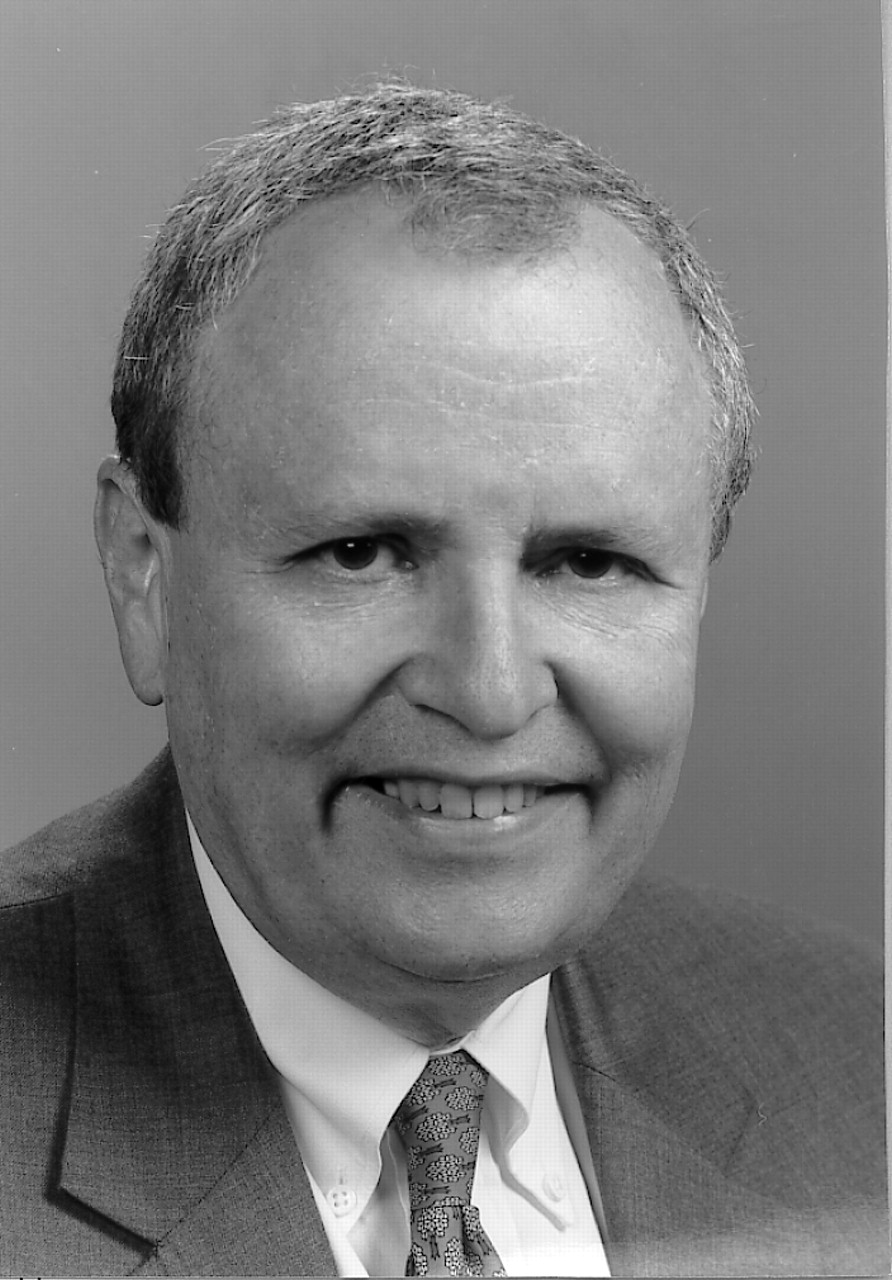Candidate’s Views
A nation confronts grief and anxiety following horrific terrorist attacks. Communities fear teenagers who commit violence in school. A psychotic mother in Texas may face the death penalty after killing her children. Never has the expertise of our profession been so needed in this country—and yet so separated by artificial barriers from the patients who need us.
In the private sector, restrictive managed care plans make it virtually impossible for millions of Americans to receive high-quality inpatient or outpatient psychiatric care. In the public sector, thousands of troubled children languish in inpatient units or detention centers simply for want of appropriate outpatient services, and countless adults roam the streets without adequate community-based treatment. Academic medical centers face a financial crisis as they are not paid enough to support their teaching and service mission.
How can we lead as a profession to break down these barriers and enhance access to quality treatment? Unfortunately, many of our past efforts to improve the mental health care system have been seen as self-serving and parochial. We must fight for coverage of psychiatric treatment for the millions who are uninsured as well as underinsured. We cannot be content to fight only for parity—when parity still allows plans and the “carveout” managed behavioral health care organization to define the “standard of care” without attention to real outcomes that matter. We must have nondiscriminatory utilization review in addition to parity of insurance benefits.
What matters is that patients have access to the care they need to heal. This must be our message. I believe that over the coming years, APA should renew its focus on patients by highlighting the barriers to quality care. We also must build coalitions to bring about needed change. By speaking for and with patients and families, we will naturally bring to a national dialogue our unique training and the critical importance of psychiatric evaluation and treatment.
My career has prepared me for this challenge. I am a clinician who has remained active in private practice, and I have been a teacher for more than 30 years. I have also worked in the public sector, spending more than a decade directing mental health service programs around the country. My professional service has included three years as APA deputy medical director, four years as APA secretary, and many more serving on APA committees. As a researcher, I have published scores of articles and written several books on mental health economics and policy. Most recently, I have spent 15 years at the helm of the nonprofit Sheppard Pratt Health System, where I have overseen the transition to a psychiatrist-led comprehensive continuum of care for persons of all ages and socioeconomic strata throughout Maryland.
The common theme in all my professional life is access to care. This is the message I hope to bring—along with my experience and strong alliances with others in the medical and mental health field—to the service of APA. Our profession is facing immense challenges, and our patients depend on us to act. Our patients need a strong APA more than ever. Thank you very much for your consideration.
Primary Loci of Work and Sources of Income
Work: 100%—Administrative, clinical, research, and teaching activities at Sheppard Pratt in Baltimore, Md.
Income: 100%—Sheppard Pratt Health System

